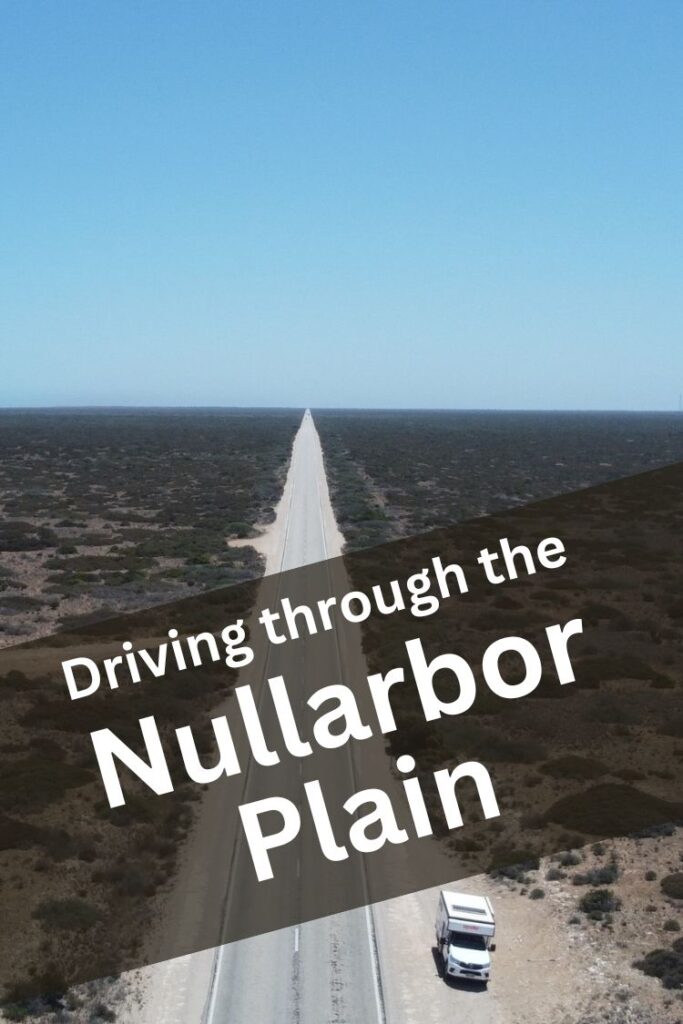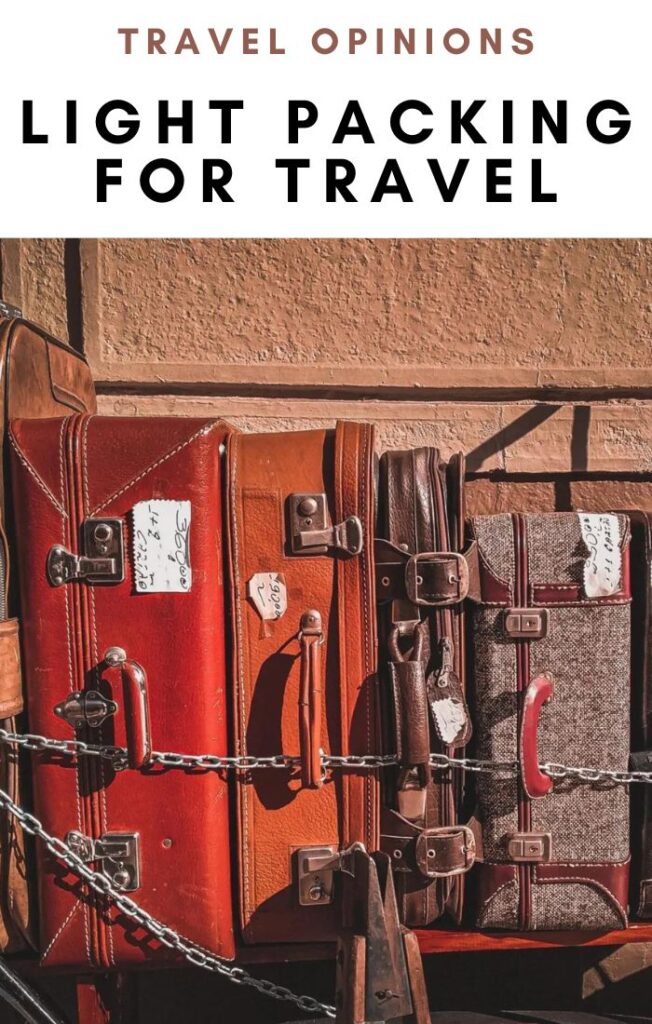Taking a road trip can be one of the most liberating ways to travel. The open road ahead, the flexibility to change your plans on a whim, to go off the beaten path, follow serendipity, and stop wherever something interests you at that particular moment. Even the simple joy of the journey itself can make for an unforgettable experience.
However, packing for a road trip requires a different approach than other types of travel. It also allows you to carry more stuff and have your portable mobile home.
What to pack for a road trip clearly depends on the destination. A drive through Canada in the winter is different from one in Mexico in summer. It also depends on what your routine will be like. Stopping at motels, hotels in cities, or camping grounds clearly requires different setups. Finally, there is the travel type: is it a vacation, an excursion, or an exploration? Some people want to look for beaches; others want to go on hikes. Last but not least, everyone has their own degree of comfort required, and what they can sustain while still considering it a nice vacation.
Here you can find a short guide to help you pack for your next road trip adventure. Note that some items may be more or less important depending on the destination and whether it’s a camping road trip or a simple ride through a couple of cities (i.e. a map navigator might be more important in a large metropolis, and a spare tire is fundamental during a long cross-country drive).
The essentials
Documents
Before you even think about what clothes to bring, make sure you have all the necessary documents:
- Driver’s License: Ensure it’s valid and up to date. Check beforehand whether your license is recognized in the destination country or whether you might need an IDP (international drivers permit). As a rule of thumb, if the language of the country you are visiting uses the same alphabet characters as your license, you should be good to go with what you have.
- Car Registration: Keep this in an easily accessible place in your car.
- Insurance Information: Have both digital and physical copies.
- Emergency Contact List: A list of contacts aside from what’s saved on your phone.
Emergency Kit
Having a well-stocked emergency kit can be a lifesaver. This is especially true for long cross-country drives. When I drove across the entirety of Australia from Perth to Sydney, through the Nullarbor Plain, or in Canada through the beautiful national parks.
- First Aid Kit: Band-aids, antiseptic wipes, pain relievers, and any prescription medications.
- Spare Tire and Tools: Including a jack and tire iron.
- Jump Cables: A dead battery can happen at any time.
- Flashlight: With extra batteries.
- Multi-tool: A versatile tool that includes pliers, screwdrivers, and a knife.
- Basic Repair Kit: Duct tape, bungee cords, and WD-40.
Electronics
Having a well-prepared music playlist for your long drive might be as important as the documents and emergency items.
- Phone and Charger: An obvious necessity.
- Car Charger: Keep your gadgets powered on the go.
- GPS Device: Even if you have a smartphone, a dedicated GPS can be a lifesaver in areas with poor cell service.
- Portable Power Bank: For additional charging capabilities.
- Camera: To capture the memories without quickly draining your phone battery.
Navigation and Planning Tools
Despite the beauty of road trips being going anywhere we want, it’s best to know where we are actually going
- Pre-downloaded maps on your smartphone.
- Traditional Maps: Just in case your GPS fails.
- Route Planner: A physical notebook or binder with your planned stops, reservations, and points of interest.
- Travel Apps: Pre-download any helpful apps for navigation, finding restaurants, or booking accommodations.
Sunglasses. I repeat: sunglasses
Forget maps, clothes, and drivers license. If you are like me and sensitive to strong light, sunglasses are the mandatory item to always have with you
Wardrobe
Clothing
Pack smart to suit various weather conditions and activities:
- Layered Clothing: Versatile for different climates.
- Be sure to also take more socks than usual.
- Comfortable pants are also important. Best to take also a pair of sturdy jeans, and a pair of shorts
- T-shirts, lots and lots of T-shirts
- Comfortable Shoes: Preferably broken-in to avoid blisters.
- For long road trips it might make sense to have a specific pair of shoes that you use only while driving.
- Flip flops/sandals for letting your feet breathe when you get out of the car
- Rain Gear: A lightweight, packable rain jacket.
- Sun Protection:
- Hats (preferably an ostensibly large one to underscore the mood)
- sunglasses (absolutely mandatory as already mentioned)
- SPF-rated clothing. For long drives remember that you may be driving for hours in a straight line, with your left or right arm perpetually at the mercy of the scorching sun.
- Swimsuit: You never know when you might find a swimming spot. Jumping in the waters you might find on the way might be one of the most satisfying things to do on a road trip.
- Pajamas: Especially if you plan to camp and sleep in the car
Toiletries
Especially when doing a camping road trip, toiletries might be the hardest thing to pack for. In any case being on the road shouldn’t compromise too much your personal hygiene.
- Toothbrush and Toothpaste: The basics.
- Deodorant: More basics
- Wet Wipes: Great for quick clean-ups.
- Hand Sanitizer: For those less-than-clean rest stops.
- Travel-sized Shampoo and Soap: Compact and convenient.
- Hair comb to look somewhat presentable
- Razor same as above
- Towel fundamental for camping road trips but also in general. Can also be used to mop up in case you spill something.
- Lotion
- For women, hair tie, makeup, personal skin care, feminine hygiene products
Comfort
Food and Beverages
Much like music, snacks in the car are the quintessential companions of road trips.
- Non-Perishable Snacks: Granola bars, nuts, dried fruit, and crackers.
- Reusable Water Bottle: Stay hydrated and reduce waste.
- Cooler: For perishable items and refreshing drinks. Nothing is more satisfying than stopping in a nice open space and taking a break with a chill cold drink.
- Portable Stove or Camping Grill: If you plan on cooking along the way.
Comfort Items
Long hours in the car can lead to discomfort so on top of good clothing some comfort items go a long way
- Neck Pillow: For naps and to prevent stiffness.
- Blanket: Great for passengers and impromptu picnics.
- Earplugs and Eye Mask: Helpful for catching sleep at rest stops, or if camping to into be waken up by the birds chirping at 4 in the morning.
- Travel Mug: For your morning coffee or tea.
Miscellaneous
Other items that could prove useful:
- Reusable Shopping Bags: For groceries or souvenirs.
- Trash bags never seem to be too many
- Laundry Bag and Detergent: Handy for keeping dirty clothes separated and doing laundry on the go.
- Binoculars: Great for wildlife spotting or scenic views.
- Notebook and Pen: For jotting down memories or notes.
- A phone stand for quickly checking your navigation route
Conclusion
Packing for a road trip is all about balancing comfort, preparedness, and practicality. By making sure you have these essentials, you can focus on enjoying the journey.
Be sure to check out also the packing list generator in the Portal, where you can set your preferences, weight limits, and destinations and receive AI-powered recommendations tailored to your needs.
Happy travels and remember that the journey is half the fun.










